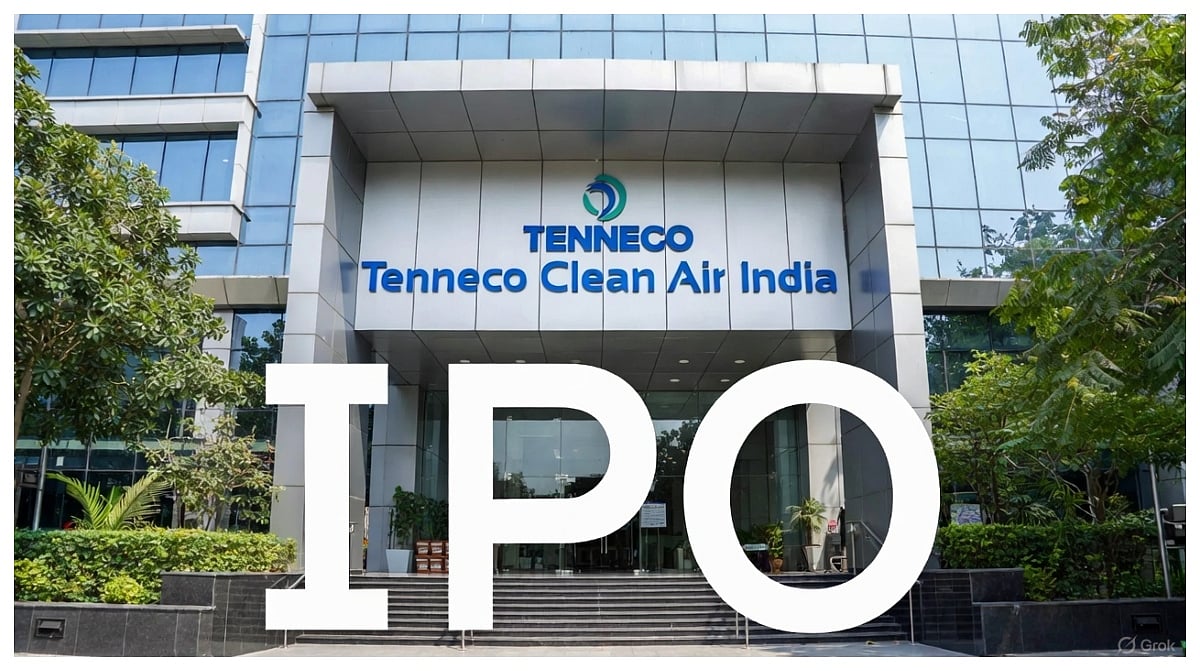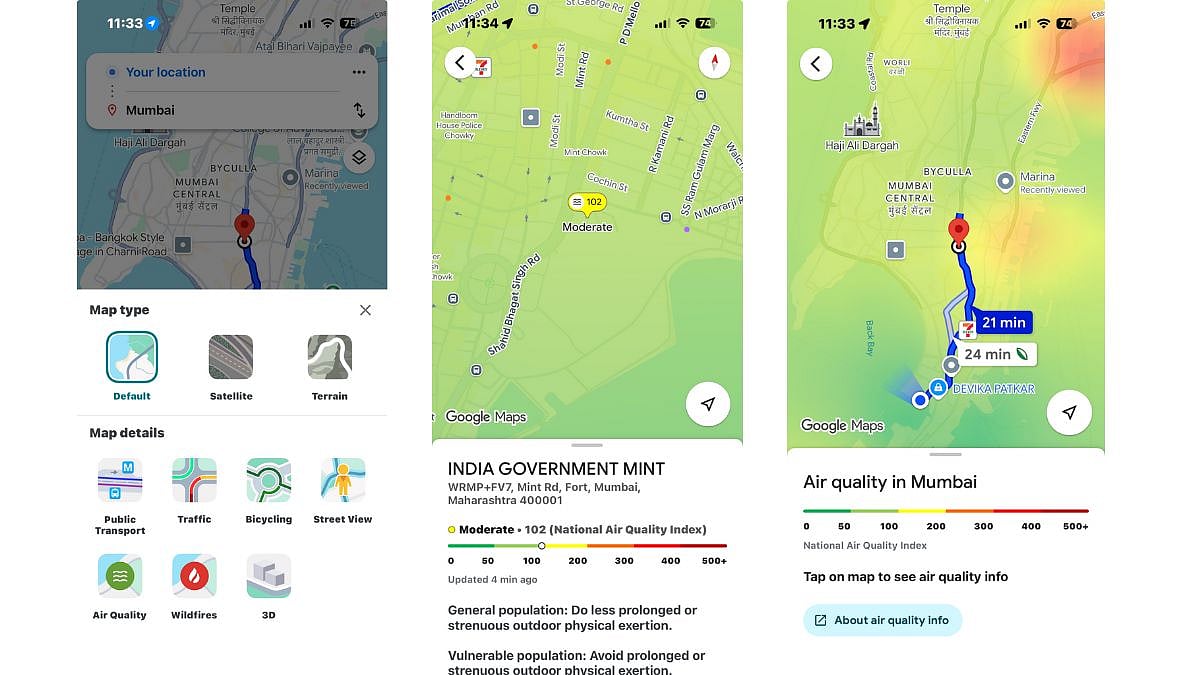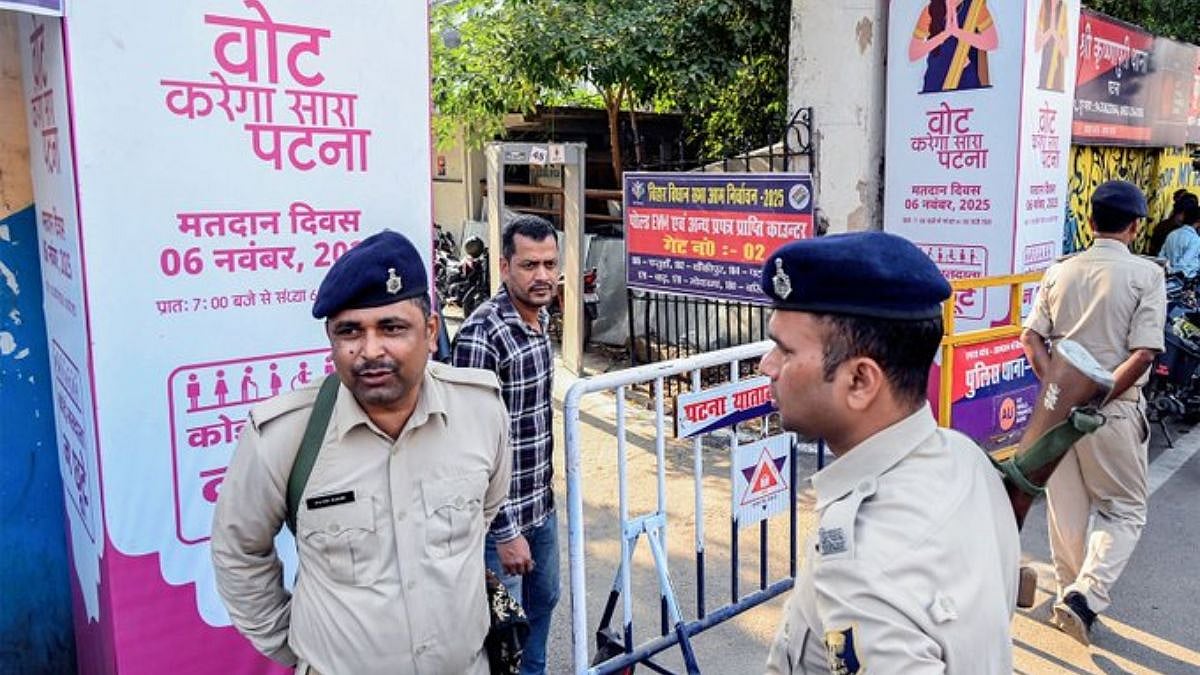As per UNICEF, the Indian education system is one of the largest in the world with more than 1.5 million schools, 8.5 million teachers and 250 million children. However, not only do social and economic disparities deny inclusive and equitable quality to millions of children in the country, our rather traditional curriculum also puts students at a disadvantage.
For a very long time, the Indian education system has focused on rote learning and syllabi where all children, despite their uniqueness, are expected to excel uniformly which is not only unrealistic but humanly impossible. Also in a country as diverse as India, education must serve the needs of children from all social and economic backgrounds. I feel the pandemic has given us an opportunity to reinvent the way we teach our children. Smart audio-visual teaching and learning tools, e-learning portals, online classrooms and hybrid schooling are already challenging the chalk and talk model and technology can also help us make education more accessible, affordable and adaptive to different learning needs.
Yes, we need to bridge the digital divide and working towards it should be an important priority. Remote learning can in fact be a boon in rural areas where the student, teacher ratio is not always ideal and factors like poor infrastructure, the lack of toilet facilities or absence of commuting options may prevent young girls from joining the education stream.
Also considering the pace at which technologies and skill sets are developing across the world, our schools are not really equipping our students to be future ready. The Indian education system should gear up for digital acceleration as we are in the fourth industrial revolution with a renaissance unfolding in the field of technology. A child who starts his primary education today will graduate in the 2030s and the subjects that are being taught today would have become obsolete by the time he/she is ready for a career.
Examination modules, I feel, should focus on Higher Order Thinking Skills (HOTS) with an emphasis on logical reasoning and problem-solving. A 2017 McKinsey Report, in fact states that by 2030, 20 to 50 million jobs will be based on information-technology services. The report foresees that in 10 years, 8 to 9 percent of the available jobs will be new occupations that are still unheard of. The need of the hour hence is to educate students about new technologies like Artificial Intelligence, Machine Learning, Blockchain, Cloud Computing, and Robotic Process Automation (RPA) that are already being used widely in various industries.
In the US, more than 40 states have recognized computer science as a major subject while countries like the UK, Australia, Malaysia, and Sweden are also expanding their computer science syllabus.
(Article by Mr. Alok Bansal, Visionet Systems India's MD and Global Head of BFSI Business)










